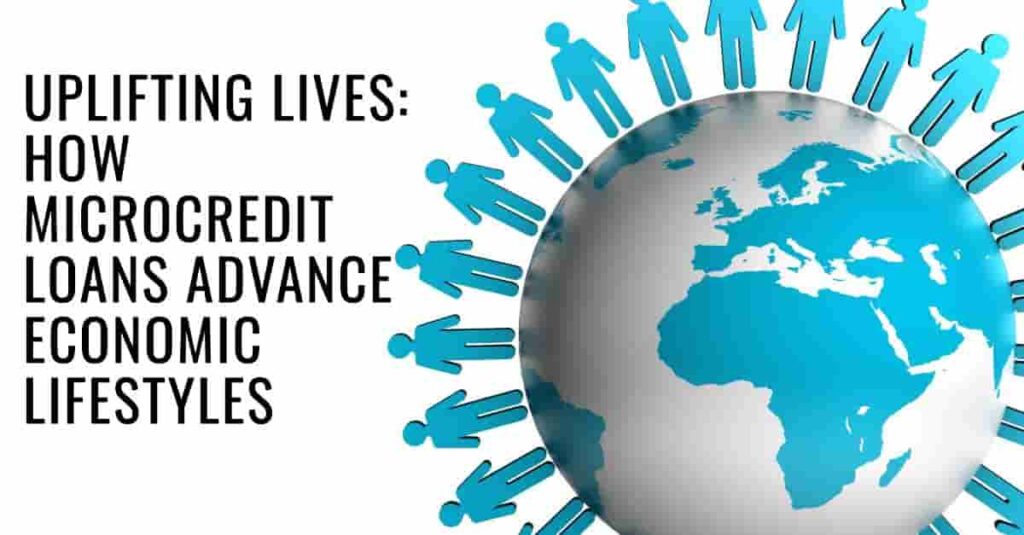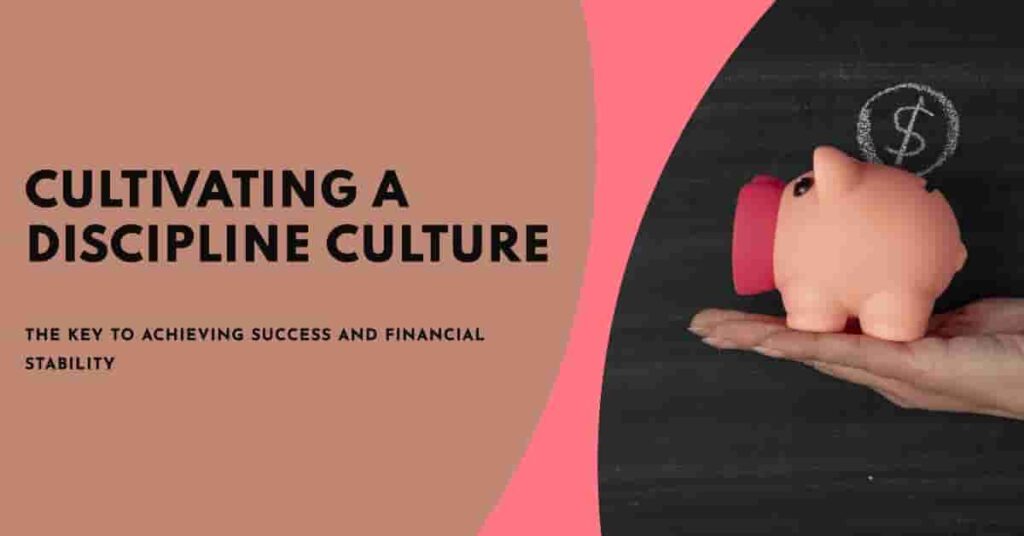The Seed of Security: Cultivating a Savings Culture for Financial Transformation
Financial security remains a distant dream for many individuals globally. A lack of savings can leave them vulnerable to unexpected expenses, hinder their ability to pursue opportunities, and perpetuate a cycle of financial insecurity. However, fostering a strong savings culture can be a transformative force, empowering individuals and families to achieve financial stability, build a brighter future, and contribute more meaningfully to the economy.
Building a savings culture starts with financial literacy. Understanding basic financial concepts like budgeting, setting financial goals, and responsible borrowing allows individuals to make informed decisions about their money (Lusardi & Mitchell, 2014). Financial education programs offered in schools, workplaces, and community centers can equip individuals with the knowledge and skills necessary for effective money management and saving habits.
Once equipped with financial literacy, individuals can start developing saving practices. Implementing automatic savings plans, where a portion of their income is automatically deposited into a savings account, can foster a “set it and forget it” approach and encourage consistency (Sabri & Nejati, 2018). Additionally, setting specific financial goals, such as saving for a down payment on a house or a child’s education, can provide a strong motivator to save (Oni & Oloketuyi, 2014).
The benefits of a strong savings culture extend beyond individual well-being. Increased savings rates can contribute to greater financial stability on a national level. A pool of readily available savings can be channeled into investments that drive economic growth, creating jobs and promoting overall prosperity (Beck et al., 2007). Furthermore, a financially secure population is less likely to rely on government assistance programs, easing the strain on public resources.
Cultivating a strong savings culture requires a multifaceted approach. Financial education, accessible financial products, and innovative technological solutions all play a vital role. By empowering individuals to save for the future, we pave the way for financial resilience, individual growth, and a more robust and sustainable economy for all.
Cultivating a saving culture is a crucial step towards financial transformation, and VETLEP (Valdymas Entrepreneurial and Transformational Leadership Empowerment Program) is uniquely positioned to support this journey. In addition to providing loans for small businesses without requiring collateral, VETLEP also prioritizes savings as a key aspect of its empowerment program.

By combining access to capital with a strong emphasis on savings, VETLEP helps entrepreneurs build a solid financial foundation, enabling them to:
– Manage cash flow effectively
– Make informed investment decisions
– Weather financial storms
– Achieve long-term sustainability
Moreover, VETLEP’s focus on entrepreneurial development and leadership empowerment ensures that business owners not only receive financial support but also gain the skills and knowledge necessary to wisely utilize resources and maximize their potential.
Through VETLEP, entrepreneurs can:
- Develop a savings habit and build a safety net
- Access collateral-free loans to support business growth
- Receive comprehensive business training and mentorship
- Benefit from leadership development programs to enhance entrepreneurial skills
- Network with successful business leaders and like-minded entrepreneurs
By integrating savings into its empowerment program, VETLEP helps entrepreneurs build a strong financial foundation, achieve economic stability, and drive business growth – ultimately leading to financial transformation and a brighter economic future.
References
Beck, T., Demirgüç-Kunt, A., & Martínez Pería, M. H. (2007). Financial institutions and development in the XXI century. The World Bank.
Demirgüç-Kunt, A., Klapper, L., Singer, D., & Van Oudheusden, P. (2015). The global Findex database 2014: Measuring financial inclusion around the world. The World Bank.
Lusardi, A., & Mitchell, O. S. (2014). Financial literacy and retirement saving. Oxford University Press.
Oni, O. A., & Oloketuyi, F. F. (2014). The impact of financial literacy on savings behavior: A case study of young adults in Nigeria. Journal of Economics and Behavioral Studies, 6(1), 1-10.
Sabri, F. M., & Nejati, M. (2018). The impact of automatic saving programs on household saving behavior: Evidence from Malaysia. The Review of Behavioral Economics, 43(3), 465-488.



